International Labmate
Two in One
Scientists from the European Molecular Biology Laboratory (EMBL) in Hamburg, Germany, have revealed new insights into the workings of enzymes from a group of bacteria including Mycobacterium tuberculosis, the bacterium that causes tuberculosis. The new findings present possible new opportunities for developing organism-specific drugs, which target the pathogen but leave other microorganisms, which are beneficial to us, untouched. Tuberculosis remains one of the largest threats to human health worldwide, and one of the most frequent causes of death in HIV patients. With the increasing emergence of strains of Mycobacterium tuberculosis that are hyper-resistant to drugs, it becomes ever more urgent that novel treatments be developed, and the search for novel strategies for drug development is an important step in this process.
In the current study, Matthias Wilmanns* and his group at EMBL identified a multi-tasking enzyme from Mycobacterium tuberculosis that catalyses reactions on two different molecules, or substrates. In most organisms, cells need two specific enzymes, known as HisA and TrpF, in order to produce two essential amino acids – histidine and tryptophan. However, in Mycobacterium tuberculosis, the encoding gene for TrpF is missing, and the two reactions are instead catalysed by a single enzyme, which is able to recognize and bind to two different substrates. Using this enzyme, known as PRiA as a model, the researchers were able to unravel the hitherto unknown mechanism of bi-substrate specific binding observed in this group of bacteria..................
Chromatography
- Advances in Separation Science
- Recent Developments in Type C Stationary Phases: Exploiting the Versatility of Silica Hydride Materials
Mass Spectrometry & Spectroscopy
- The Identification of Illegal Anabolic Steroids in Customs Seizures by GCMS and High Resolution LCMS
Laboratory Products
- Research & Events News
- News & Views
- Business Opportunities Asia
Microscopy & Microtechnology
- The potential for a rapid, field-deployable, automated biosensor detection system for pathogens
Special Features
- Supercritical Fluid Technology
- Cooling & Freezing
- Laboratory Consumables
- Luminescence, UV & Image Analysis
Previous Digital Editions
Digital Edition
Lab Asia 31.2 April 2024
April 2024
In This Edition Chromatography Articles - Approaches to troubleshooting an SPE method for the analysis of oligonucleotides (pt i) - High-precision liquid flow processes demand full fluidic c...
View all digital editions
Events
Apr 22 2024 Marrakech, Morroco
Making Pharmaceuticals Exhibition & Conference
Apr 23 2024 Coventry, UK
Apr 23 2024 Kintex, South Korea
Apr 23 2024 Seoul, South Korea
Apr 24 2024 Jakarta, Indonesia
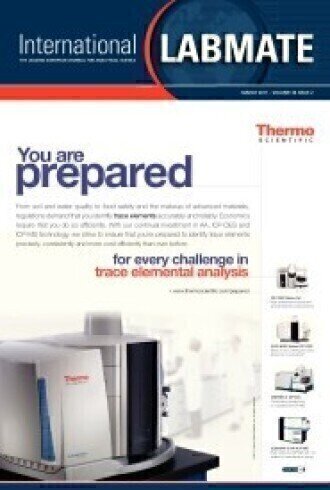
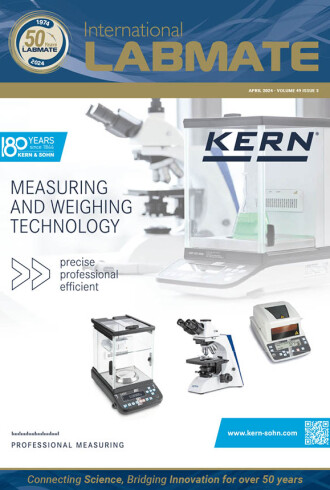
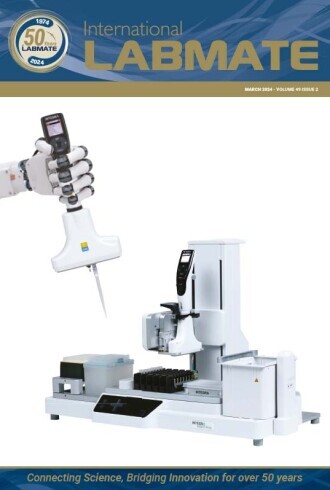
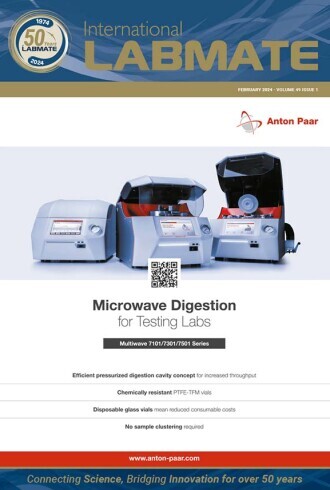
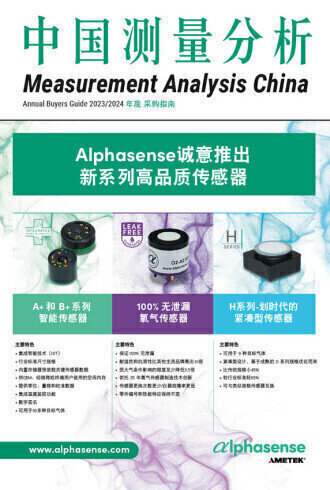




.jpg)









